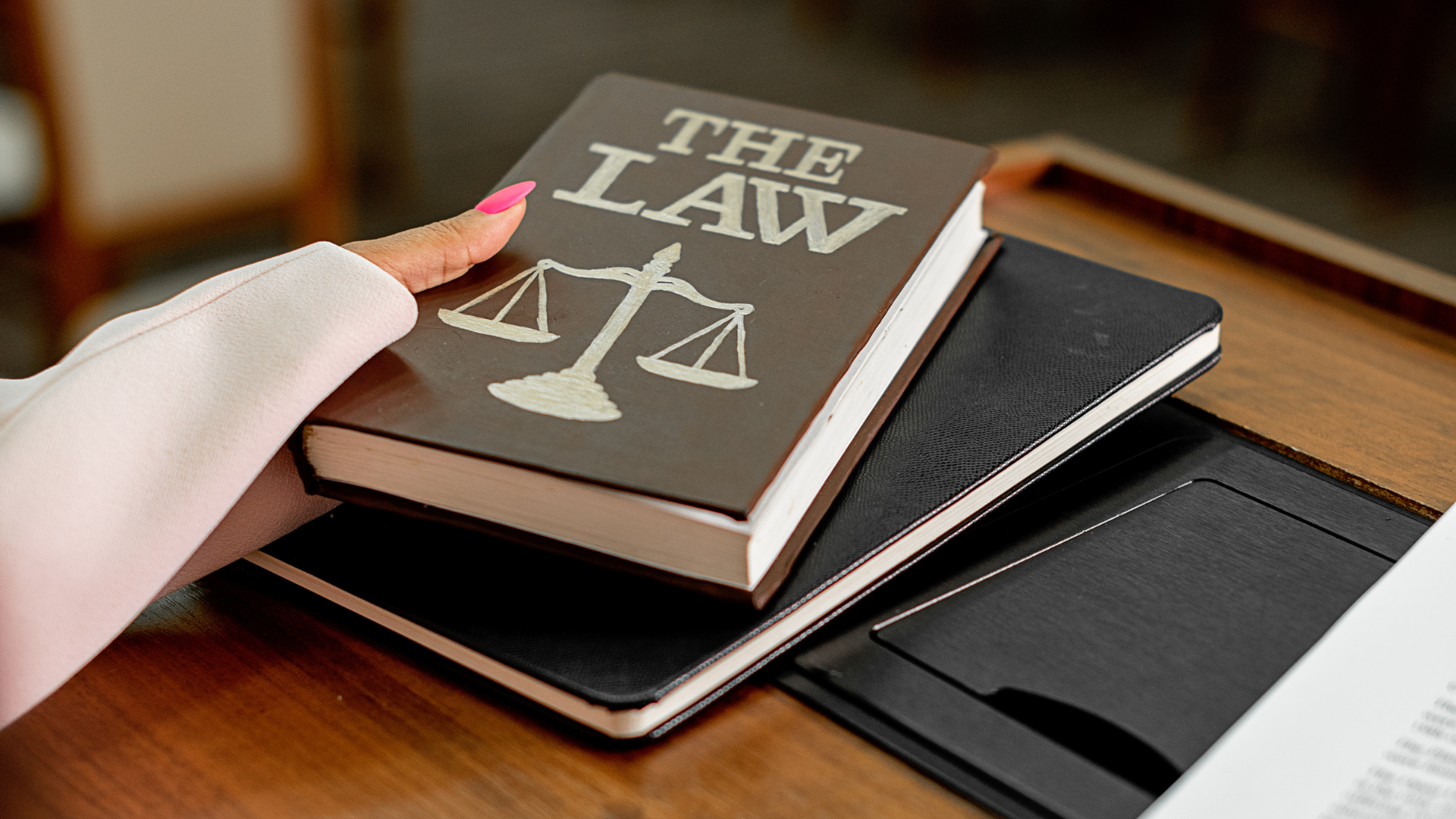Losing a loved one is one of the most difficult experiences anyone can face, especially when the loss is caused by someone else’s negligence or wrongdoing. If you’re considering whether to hire a wrongful death lawyer, it’s likely because you want justice, accountability, and maybe even clarity on what steps to take next. But how do you know if you need a lawyer for this? What should you consider before making such a critical decision?
What Does a Wrongful Death Lawyer Do?
First, let’s clear up what wrongful death means. A wrongful death occurs when someone’s actions—or lack of actions—cause another person’s death. This could happen due to anything from a car accident to medical malpractice to a defective product. A wrongful death lawyer specializes in representing families or dependents of the deceased to seek compensation for their loss. This isn’t just about covering funeral expenses—it’s about holding the responsible party accountable and recovering damages like lost income, emotional suffering, and more.
You might be wondering, “Can I handle this myself?” The truth is, wrongful death cases are complex. They involve navigating legal deadlines, gathering evidence, dealing with insurance companies, and understanding how compensation is calculated. That’s where a lawyer’s expertise becomes invaluable. A good lawyer will not only guide you through the process but also fight to ensure you receive fair compensation.
Key Questions to Ask Yourself
Before you hire a wrongful death lawyer, it’s helpful to take a moment to reflect on your situation. Of course, you can book a consultation with a lawyer, who’ll be able to help you determine if you have grounds for a case. Nevertheless, here are some questions to consider:
- Do I have the legal right to file a wrongful death claim? In most cases, close family members like spouses, children, or parents are eligible to file. However, the rules can vary by state, so it’s worth confirming.
- Was my loved one’s death caused by negligence or intentional harm? A wrongful death claim requires proving that the death was due to someone else’s fault, whether through carelessness or deliberate actions.
- What damages can I claim? Beyond funeral costs, wrongful death cases often include compensation for loss of income, emotional distress, and sometimes punitive damages designed to punish the responsible party.
- Is there a time limit to file? Yes. Every state has a statute of limitations for wrongful death cases, which means you’ll need to act within a specific timeframe. Missing this deadline could mean losing your chance to seek compensation.
If you’re unsure about the answers to these questions, it’s a good idea to consult with a lawyer. They can help you clarify the details and determine whether you have a strong case.
What to Look for in a Lawyer
Not all lawyers are the same, so it’s essential to choose one who specializes in wrongful death cases. Here are some qualities to prioritize:
- Experience in wrongful death law – Look for someone with a track record of handling cases similar to yours. Experience in this area means they’re familiar with the legal process, common obstacles, and how to build a compelling case.
- Strong communication skills – You want a lawyer who listens to you, answers your questions, and keeps you informed throughout the process. A lawyer who’s hard to reach or dismissive of your concerns isn’t the right fit.
- Compassion and understanding – This isn’t just another case—it’s about your loved one’s memory and your family’s future. A good lawyer will approach your case with empathy and care.
- Proven results – While past outcomes don’t guarantee future success, a history of favorable settlements or verdicts can be a good sign that the lawyer knows how to deliver results.
- Transparent fees – Many wrongful death lawyers work on a contingency basis, meaning they only get paid if you win. Make sure you understand how their fees work before signing any agreements.
How a Lawyer Can Help Your Case
One of the biggest advantages of hiring a wrongful death lawyer is having someone who understands the legal landscape and can advocate for you every step of the way. Here’s how they can support you:
- Investigating the case – A lawyer will gather evidence, interview witnesses, and work with experts like accident reconstruction specialists or medical professionals to build a strong case.
- Navigating legal requirements – Filing deadlines, legal paperwork, and court procedures can be overwhelming, especially when you’re grieving. A lawyer takes care of these details so you can focus on healing.
- Negotiating with insurance companies – Insurance companies often try to minimize payouts. A lawyer knows how to counter these tactics and fight for a fair settlement.
- Representing you in court – If your case goes to trial, having an experienced lawyer by your side can make all the difference in presenting your case effectively.
- Maximizing compensation – A skilled lawyer will ensure that all potential damages are considered, including future financial losses and non-economic factors like emotional suffering.
Is Hiring a Lawyer Worth It?
It’s natural to feel hesitant about hiring a lawyer, especially if you’re worried about the cost or complexity of the process. But consider this: wrongful death cases often involve significant financial and emotional stakes. Without a lawyer, you may not receive the full compensation you’re entitled to—or worse, you could struggle to navigate the legal process on your own. Hiring a lawyer isn’t just about filing paperwork; it’s about protecting your rights and ensuring the responsible party is held accountable.
Think of it this way: would you attempt to fix a major home repair without professional help? Probably not. The same logic applies here. A wrongful death lawyer brings the expertise, resources, and advocacy you need during one of the most challenging times of your life.
Moving Forward with Confidence
Losing a loved one is a life-altering experience, and seeking justice might feel like an uphill battle. But you don’t have to face it alone. By asking the right questions and choosing a lawyer who understands your needs, you can take the first step toward finding closure and securing your family’s future. Remember, this process isn’t just about financial compensation—it’s about honoring your loved one and holding those responsible accountable. Whether you’re ready to consult a lawyer now or just exploring your options, you deserve clear answers and compassionate support along the way.







